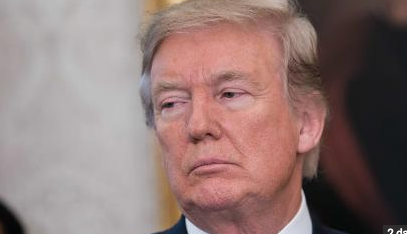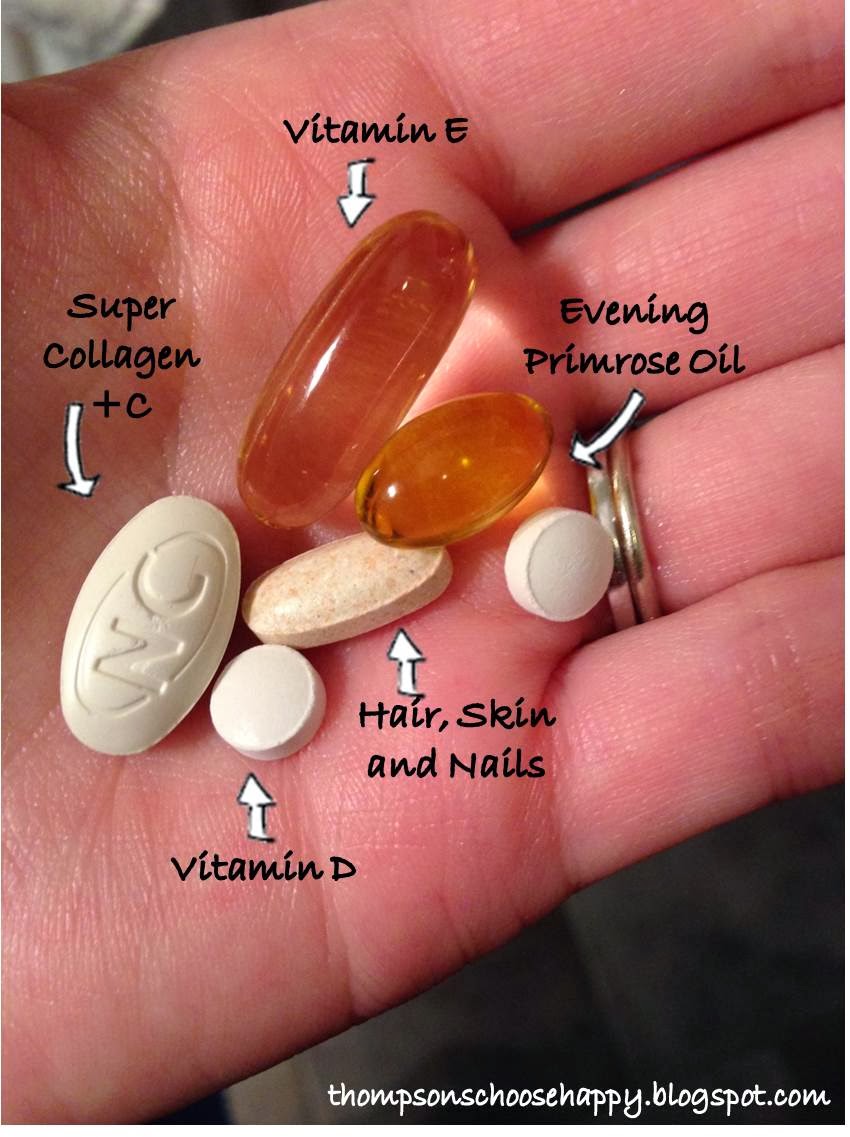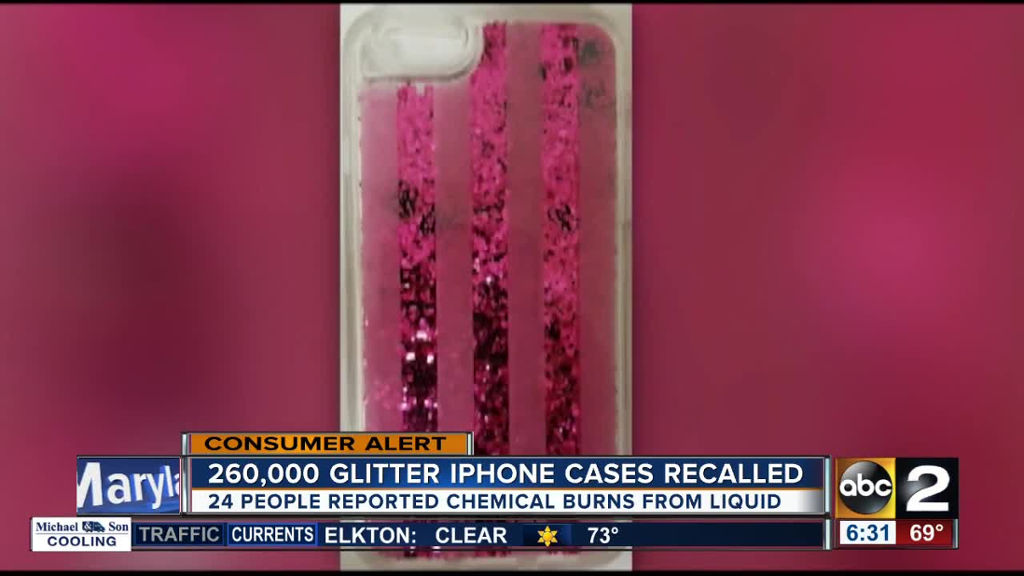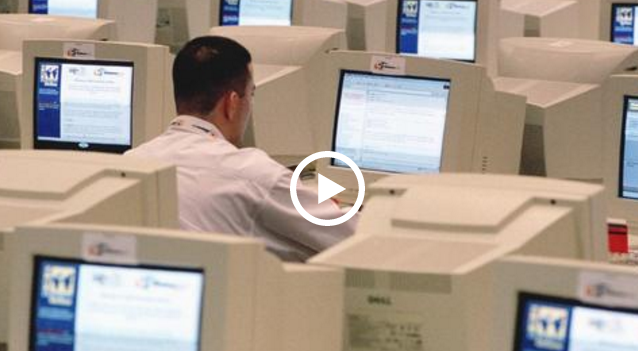WASHINGTON — President Donald Trump’s proposal to repeal the Affordable Care Act without a replacement would leave 839,000 more New Jersey residents without health coverage and cost the state $4.2 billion a year in federal funds, according to a study by a progressive policy group.
Trump on Tuesday said he wants to “let Obamacare fail” after Republicans failed to produce an agreement to repeal and replace it. Senate Majority Leader Mitch McConnell (R-Ky.) proposed a vote to simply repeal the statute, but Republican desertions make that unlikely too.
For New Jersey, a repeal would end the extra federal funding that went to New Jersey and other states that expanded Medicaid, threatening coverage for 550,000 Garden State residents, require 212,000 N.J. seniors to pay more for prescription drugs, allow insurers to charge higher premiums for older Americans and those with pre-existing conditions, and cut taxes for corporations and wealthy Americans.
“Repealing the Affordable Care Act without an adequate replacement would be the height of irresponsibility, causing serious pain for New Jersey’s residents, its state budget, its economy, its health care providers and its insurers,” said Jon Whiten, vice president for New Jersey Policy Perspective, which initially released the study in February after Republicans considered repealing the law without a replacement.
Trump told reporters at the White House Tuesday that he was inclined to do nothing to shore up the current law.
“I think we’re probably in that position where we’ll let Obamacare fail.” Trump said, according to White House pool reports. “We’re not going to own it. I’m not going to own it. I can tell you the Republicans are not going to own it. We’ll let Obamacare fail and then the Democrats are going to come to us.”
While Republicans have insisted that the current law was failing, Congressional Budget Office and independent studies have refuted that assertion.
Trump earlier urged congressional Republicans to simply repeal the law in the wake of the Senate GOP’s failure to muster a majority to enact a replacement that would leave 22 million more Americans without insurance and penalize states like New Jersey that expanded Medicaid.
McConnell said the chamber would vote on repealing the law.
“We will now try a different way to bring the American people relief from Obamacare,” McConnell said Tuesday on the Senate floor Tuesday. “I think we owe them at least that much.”
Nationally, repeal without a replacement would result in 32 million more uninsured Americans, according to the Congressional Budget Office. Trump had promised during the campaign that no one would lose coverage.
Rep. Frank Pallone Jr. (D-6th Dist.), the top Democrat on the House Energy and Commerce Committee that has jurisdiction over health care, said representatives from both parties should come together to fix the existing law.
“It is time for Republicans to stop playing games with the health and well-being of Americans and to start working with Democrats on bipartisan solutions to strengthen the ACA by making health care more affordable and ensuring everyone has access to the care they need,” Pallone said.
Polls indicated that Republican efforts to repeal and replace the Affordable Care Act were unpopular. A Monmouth University Poll released Tuesday said only 27 percent of Americans supported the Senate measure, with 56 percent disapproving.
Almost half of respondents, 46 percent, said they expected their health care costs to rise under the Senate Republican bill, more than four times the 10 percent who said their costs would shrink. Slightly more than one-third, 35 percent, said they expected no change.
In addition, by 39 percent to 14 percent, Americans said they expected worse access to quality care rather than better access under the GOP bill, with 43 percent saying nothing would change.
The poll of 800 adults was conducted July 13-16 with a margin of error of 3.5 percentage points.
By Jonathan D. Salant











































